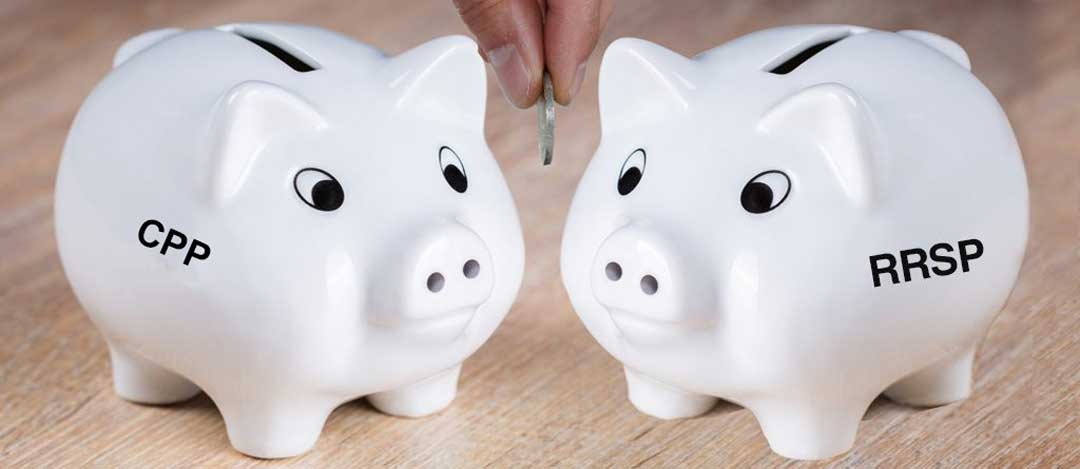
The Canada Revenue Agency (CRA) has made annual announcements about the nation’s retirement programs. Namely, the Canada Pension Plan (CPP) and the Registered Retirement Savings Plan (RRSP) are being updated as we enter the new year.
Here are the changes you need to know and how to use them to your advantage. CRA raises CPP ceiling
In 2021, the maximum pensionable earnings under the CPP will be $61,600. That’s a whopping 4.9% higher than the $58,700 ceiling in 2020. CRA has also raised the rate of employee and employer contributions to 5.45% from 5.25% last year and the self-employed rate to 10.9% from 10.5% last year.
This means Canadians will be paying more towards their CPP in 2021. Of course, this has nothing to do with the ongoing economic issues. Instead, the rates are decided based on a CRA-mandated formula that accounts for wage and salary growth over the past year.
CRA updates RRSP limit
Similarly, the CRA has also raised the cap on the dollar amount Canadians can contribute to their RRSP in 2021. The dollar limit is set at $27,830 for 2021 — up from $27,230 in 2020. Although that extra $500 doesn’t seem like much today, it could add a significant boost to your portfolio, if invested in the right stock.
Bottom line
The CRA has updated rules about the CPP ceiling and RRSP contribution limit for 2021. Both programs are a critical part of the financial future for every Canadian. Investors should use these generous tax incentives to boost their portfolio with all-weather stock or financial products to help you maximize your investments. Contact us for more information.
Newsletters
No Results Found
The page you requested could not be found. Try refining your search, or use the navigation above to locate the post.
Events & Sponsorship
No Results Found
The page you requested could not be found. Try refining your search, or use the navigation above to locate the post.
Articles & Publications
Reporting income from Airbnb
Reporting Income from Airbnb Like other, more traditional, rentals, the Canada Revenue Agency (CRA) has specific rules surrounding the declaring of rental income, which you should become familiar with as soon as possible. What you need to know about earning income...
What is Income Splitting?
What is Income Splitting? By definition, income splitting involves diverting dividend income (and certain other types of income) from one family member to another member in a lower tax bracket resulting in substantial tax savings. By way of example, let’s take the...
Real Estate Tax Update
Real Estate tax update Canada Revenue Agency (CRA) has taken substantial changes to control real estate transactions. In recent years, CRA has increased its real estate audits, particularly in the Greater Vancouver and the Greater Toronto areas, where increased real...
Snowbirds
Snowbirds, March 1, 2019 The age-old Canadian tradition for retirees: when it starts getting cold outside, Canadians will “flock” to the warmer shores of the United States. Are there any tax considerations in the United States we need to be aware of when your retired...
Beware of scammers posing as CRA employees
Beware of scammers posing as CRA employees. Scammers posing as Canada Revenue Agency (CRA) employees continue to contact Canadians, misleading them into paying the false debt. These persistent scammers have created fear among people who now automatically assume that...